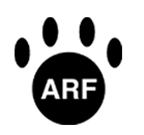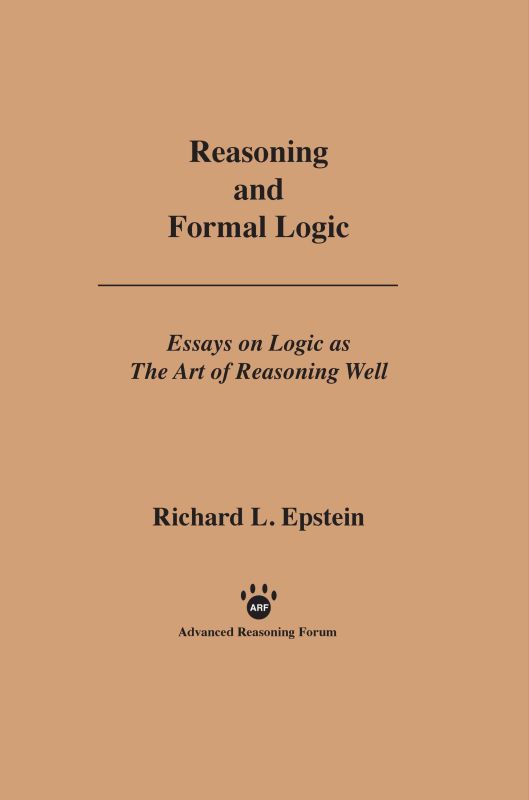Richard L. Epstein
This volume examines the metaphysical assumptions that are needed in order to develop formal systems.
Possibilities and Valid Inferences
What is possible determines what counts as one claim following from another, yet we understand what is possible by investigating when one claim follows from another. Formal logics can help us break out of this circle by reducing possibilities to simpler notions.
A General Framework for Semantics for Propositional Logics
We cannot pay attention to all aspects of propositions in our reasoning. Our choice of which aspects we consider significant determines our notion of truth for compound claims and hence our logic. We can devise a general framework for semantics for propositional logics based on how we factor into our reasoning what we choose to pay attention to.
Why Are There So Many Logics?
If logic is the right way to reason, why are there so many logics?
The choice of a logic depends on what we pay attention to in our reasoning. Calling one logic right and another wrong often arises from judging one by the background assumptions of the other. Necessity in our reasoning, if there is any, is in the common background for all logics.
Truth and Reasoning
A major goal of reasoning is to establish truths and to determine what would follow if certain assumptions are true. There are many different notions of what is true, both in what kinds of things are true or false and what makes them true or false. By looking at what is common to those notions, we can find an idea of truth and the things that are true that can accommodate many particular views of truth and account for the wide agreement on what counts as good reasoning.
On Translations
An analysis is given of what counts as a translation between logics and of what counts as a translation that preserves meaning. The resulting criteria can then be used to evaluate formalizations of ordinary language propositions into formal logics, which in turn suggest criteria for evaluating translations between ordinary languages.
Reflections on Temporal and Modal Logic
The most popular method of incorporating time into a formal logic is based on the work of Arthur Prior. It treats tenses as operators on sentences. In this essay I show a problem with that approach, a confusion of scheme versus proposition, which makes any system built in that way incoherent. I will compare how other formal logics deal with the scheme versus proposition distinction and find that only for formal modal logics does the same problem arise. I then compare Prior’s approach to other ways of taking time into account in formal logics.
The Timelessness of Classical Predicate Logic Events in the Metaphysics of Predicate Logic
There are significant limitations on what we can formalize from ordinary reasoning in predicate logic. Some have argued that by recognizing that events are things we can overcome some of those limitations. But viewing events as things leads only to confusions in the metaphysical basis of predicate logic.
Categoricity with Minimal Metaphysics
Contrary to the views of many logicians, a categorical finite characterization of the natural numbers can be given in which no infinitary assumption nor assumption about the nature of collections is required beyond what are used in first-order logic. This can be accomplished with an extension of first-order logic in which quantification over names is allowed and in which a formalization can be given of “Every object has a name.”
Reflections on Gödel’s Theorems
A great deal has been written about the significance of G?del’s theorems on the undecidability of arithmetic and the unprovability of consistency. Throughout many of those discussions, an unexamined platonism is assumed which on examination turns out to impede analysis of the issues involved.
On the Error in Frege’s Proof that Names Denote
An examination of Gottlob Frege’s proof that names in his system denote illuminates the nature of induction proofs in formal logic today as well as the importance of keeping the formation rules for the syntax distinct from the semantics of the formal language.
Postscript Logic as the Art of Reasoning Well

